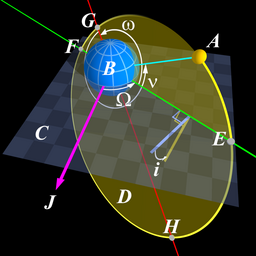Insight
- Details
- Parent Category: Leadership
- Category: Insight
|
The Oberth effect is an astrodynamic effect where the same amount of work or effort at the right point can achieve signifcantly greater effect than applied at other points.
The Oberth effect is a mathematically predictable and measureable example of you can get much more value out of effort when you're moving at high speed than when you're moving slowly. Using the same amount of fuel at high speeds adds more energy (speed) than at low speeds. |
 |
From a work standpoint, formal training, especially on-site, can boost productivity because of the preparartions that occur prior to training. Companies tend to want to get the most out of the time and expense of multi-day training, so they tend to prepare for it. Preparations in thinking about their business processes, their weaknesses in collaboration, design and production workflows, etc. mobilize the team that attends the training as well as the greater organization. The benefit of the investment in training is as much as what happens before the event as during the event.
- Details
- Parent Category: Leadership
- Category: Insight
The Six-Ball Juggle
Designing Better workflows
Summary (the Takeaway)
How do you:
-
- Simplify the Project
- Speed the Workflow
- Improve Quality
- Solve Resource Issues
- Improve Morale
- Prevent my biggest regret as a Parent
Juggle fewer balls.
Do this:
-
- Skeptically re-evaluate your assumptions about the requirements.
- Be skeptical that your Six Ball Juggler's workflow is actually the best workflow.
- Bring in Circus Experts, talk to Entertainment Experts, Talk to Peers.
- Design your workflow for Quality
- Design your workflow for Clarity
- Design your workflow for multiple talent threshholds
- Design your workflow to be sustainable
Here's the Powerpoint Presentation: The Six-Ball Juggle (slideshow)

